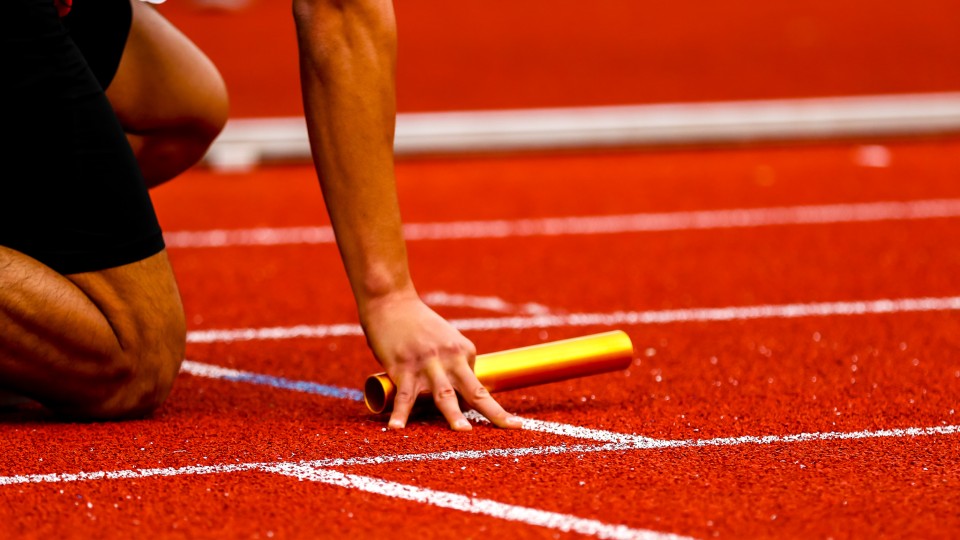The collaborative project, involving Loughborough University’s Dr Lee Taylor, investigated the training practices of 12,526 athletes from 142 countries and six continents.
A comprehensive online survey explored how athlete training behaviours, both pre-and during-lockdowns, changed due to the pandemic.
Findings revealed athletes experienced reduced general motivation, amplified in part, by the lack of competitive sport.
Researchers also found that compared to pre-lockdown, reduced training frequency, shorter training sessions, and lower sport-specific intensity were reported for most athletes, irrespective of their classification (e.g. world-class vs. international vs. national).
The study showed that most participants stated that they trained alone and focused on general health and well-being rather than their specific sport or discipline, believed partly due to a lack of resource including space, equipment, and facilities.
Throughout the study, Loughborough worked with academic partners at the National Sports Institute of Malaysia, Aspetar, The University of Melbourne (Australia), and a further 100+ research centres.
Dr Taylor, Reader in Exercise & Environmental Physiology at Loughborough, explained:
“It was a pleasure to be a senior member of this research team. The diverse community of researchers and institutions from all the inhabited continents across the globe, coupled with the large global sample of athletes (12,256 from 142 countries) surveyed, made this project particularly enjoyable – despite – the evidently challenging and emotive backdrop of the pandemic.
“As per the data, COVID-19-mediated lockdown compromised nearly all aspects of effective athlete training prescription and periodisation (quantity and quality of training across intensity, duration, and frequency) in a manner disadvantageous to lower classification athletes (e.g. world-class vs. international vs. national).
“This reinforces the need for individualisation in practice when dealing with athletes, not only based on their training preferences but also their personal circumstances. The pandemic clearly drove innovation with regards to athlete training, in particular, coaching and/or prescription thereof. For example, world-class athletes were more receptive of digitally mediated technology for coaching/training than non-world-class athletes.”
Prof Karim Chamari, Aspetar – Aspetar Sports Injury and Illness Prevention (ASPREV), Head of ASPREV, added:
“The data revealed athlete knowledge regarding some fundamental principles of ‘training’ was variable. This was a little surprising given that as a practitioner one would generally assume that athletes, particularly those competing at a higher level, are well-versed with these principles with specificity to their sport(s).
“It would therefore seem prudent for germane educational resources to improve athlete knowledge in these regards, which within COVID-like scenarios would support home training effectiveness.”
Jad Adrian Washif, a Sport Scientist with the National Sports Institute of Malaysia, commented:
“It was pleasing that from our larger sample (12,526 athletes) a large number of Olympic or world championship (>1600) athletes were surveyed. In these regards, ‘top’ athletes maintained their holistic ‘normal’ training practices better than other athletes.
“Regardless, our data showed that athletes would require assistance during lockdown-like situations, across training, motivation and mental well-being perspectives.”
For more information on the study and to read the report in full, visit HERE. Dr Lee Taylor can also be found on Twitter – @DrLeeTaylor.
